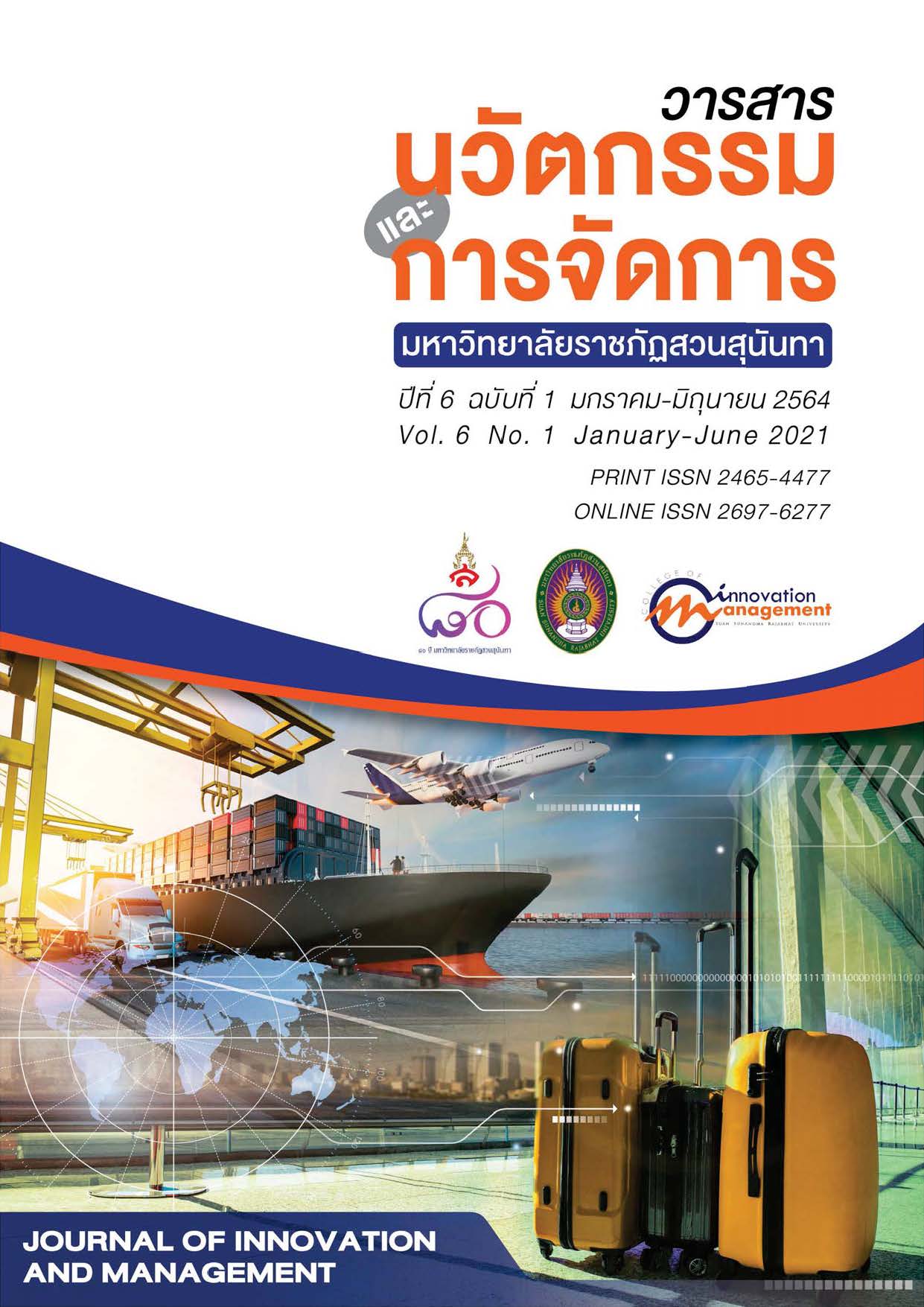The Follow-up of Training and Summary of Executive Potential Development Projects of Phrapariyattidhamma Schools, Department of General Education, Fiscal Year 2019
Keywords:
follow-up of training, Executive potential development, Phrapariyattidhamma SchoolsAbstract
The objectives of this research were (1) to monitor and evaluate the training results of the development project for administrators of Phrapariyattidhamma School, General Education Department Fiscal Year 2019, (2) to learn the lesson to study the problem state and obstacles of the project and sugges policy for further improvement of the project, and (3) to summary of the development project for the administrators of Phrapariyattidhamma School Department of General Education annual fiscal year 2019. The evaluation of the training was divided into 4 levels: (1) the reaction assessment, (2) the learning assessment, (3) the behavioral assessment, and (4) the results assessment. Results were assessed by using mixed methods, consisting of quantitative research and qualitative research. The study found that the sample group of 358 people who answered the questionnaire found that most of them were male, 159 people, followed by ancestry of 154 people aged 41-50 years, 138 people and level 50 years and over, number 95 people. Most of them are 174 bachelor degree students and 166 master degree students. For transcribing the lessons to study the problem condition, it was found that the trainees benefited from the training and applying knowledge to work more. In regard to personal development and developing your own agency which reflects the adjustments in the dimensions of application and development for the Phrapariyattidhamma School, General Education Department to be more outstanding. The monitoring and evaluation of the project training. Side and overview Found that they were satisfied at the highest level first, we found that In terms of the reaction evaluation had the highest average, followed by the behavior assessment, the learning assessment, and the evaluation of the results, respectively.
References
Ali, M. and Shahrooz, F. (2012). Assessment Effectiveness on the job training in Higher Education (case study: Takestan University). Procedia–Social and Behavioral Sciences, 47, 1310-1314.
Buason, R. (2007). Project Management: A Guide to Success. 3rd ed. Bangkok: Chulalongkorn University Press. (in Thai)
Iamsunthornchai, P. (2016). Evaluation of Executive Training Program. Bangkok: Faculty of Commerce and Accountancy, Thammasat University. (in Thai)
Kirkpatrick, D. L. (1994). Evaluating training programs: the four levels. San Francisco: Berrett-Koehler.
Likert, R. (1932). A Technique for the Measurement of Attitudes. Archives of Psychology, 140, 1–55.
Nomraksa, S. (2011). Evaluation of Justice Affairs Executive Training Program: Measures to Prevent and Suppress Criminal Organizations Of the Institute for Human Resource Development in the Justice Process Office of Justice Affairs. Thesis of the Degree of Master of Public Administration Program. Bangkok: Srinakarinwirot University. (in Thai)
Phanthai, K. (2011). Integrated Human Resource Development Strategy The key to excellence. Journal of Development Administration, 51 (3), 239-257. (in Thai)
Phatthong, C., Panchan, W., Na Wichian, S., Orsangsuk, N., and Rodjam, C. (2020). Human Resource Management Development Model for Small and Medium Enterprises (SME). Journal of Innovation and Management, 5, 59-71. (in Thai)
Phetmak, C. and Phramaha. (2012). Evaluation of the Dharma Ambassadors Training Project, Class 45/2009. Of the Diplomatic Training Office Wat Paknam Phasicharoen Bangkok using the format Kirkpatrick assessment. Thesis of the Degree of Master of Public Administration Program. Bangkok: Bangkok: Srinakarinwirot University. (in Thai)
Rachotorn, K. (2015). A study of knowledge management status of Phrapariyattidhamma School administrators Department of General Education Chiang Rai Province. Chiang Rai: Educational Administration, Graduate School Chiang Rai College. (in Thai)
Sriphuthasomboon, W. (2011). Evaluation of the Provincial Fishery Potential Development Training Program. Fiscal Year 2011. Bangkok: Office of Technology Development and Transfer Fisheries, Department of Fisheries, Ministry of Agriculture and Cooperatives. (in Thai)
Stufflebeam, D. L. (1971). Educational Evaluation and Decision-Making Itasca. Illinois: Peacock.
Downloads
Published
How to Cite
Issue
Section
License
Copyright (c) 2021 Journal of Innovation and Management

This work is licensed under a Creative Commons Attribution-NonCommercial-NoDerivatives 4.0 International License.
See Publication Ethics https://so03.tci-thaijo.org/index.php/journalcim/Ethics






